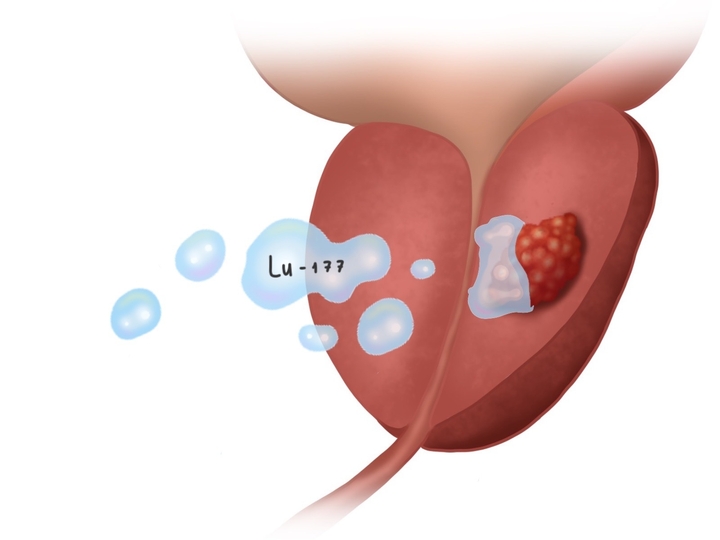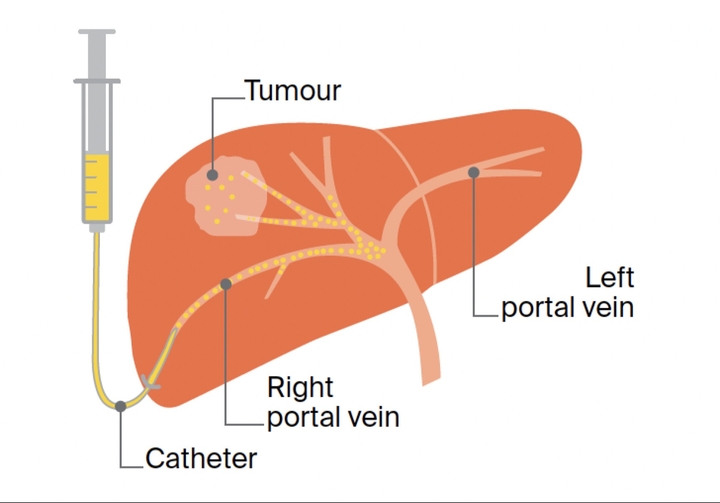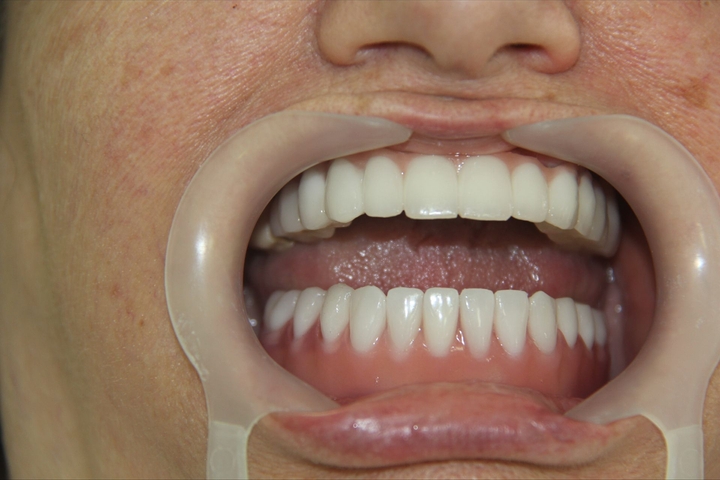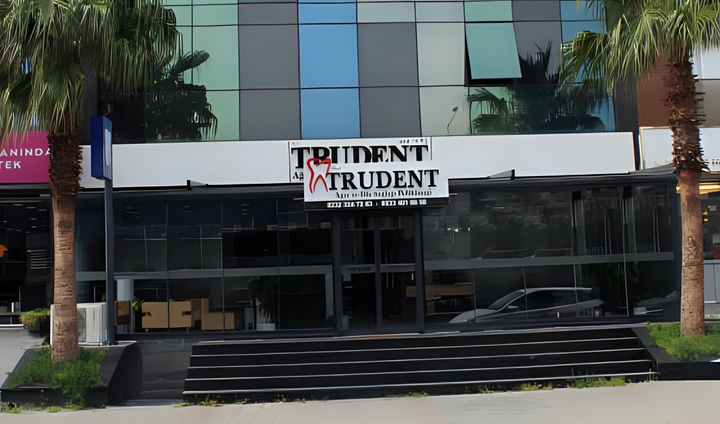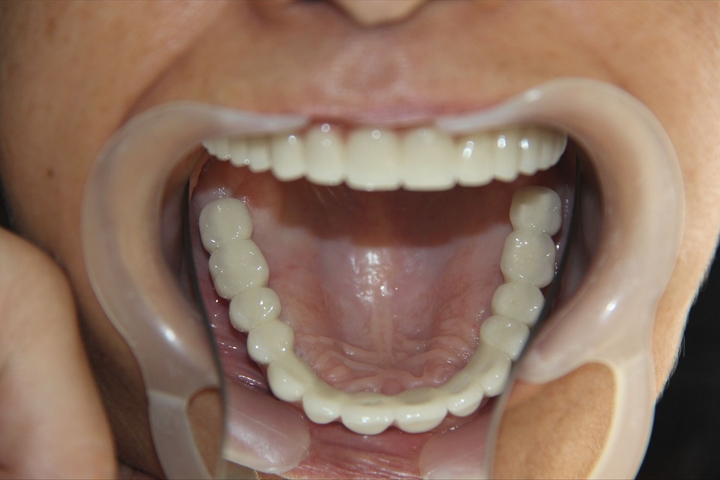Pressurized Intraperitoneal Aerosol Chemotherapy (PIPAC) | Teknon Peritoneal Cancer Institute, Spain
Barcelona, Spain




Overview
Age group
Adults
Type of care
Inpatient
Method
Surgical
About the offer
What’s included
Medical service
- clinical history-taking
- medical records review
- physical examination
- consultation with an abdominal surgeon
- consultation with an anesthesiologist
- consultation with an oncologist
- consultation with a dietitian and nutrition expert
- complete blood count (CBC)
- blood type test (ABO, Rh)
- biochemical analysis of blood (kidney and liver function tests, thyroid function tests, electrolytes, glucose, lipid panel)
- inflammation blood tests
- coagulation studies
- urinalysis
- ultrasound imaging of the abdomen
- CT/MRI scan of the abdomen
- histopathological specimen examination
- electrocardiogram (ECG)
- chest X-ray
- preoperative patient preparation
- pressurized intraperitoneal aerosol chemotherapy (PIPAC)
- postoperative care
- symptomatic treatment
- cost of essential medicines
- cost of essential materials
- general anesthesia
- hospitalization
- nursing service
- discharge medical records
- further recommendations
- follow-up consultations for the post-treatment period
Extra add-ons
AiroCare
Meet the provider
Why to choose us?
Gallery
Customize this offer
If you're not seeing exactly what you need here, send your custom request. You can discuss the content, specifics, price & timeline to create a personalized plan.
Location
Carrer de Vilana, 12, Sarrià-Sant Gervasi, 08022 Barcelona, Spain
FAQ
How is PIPAC different from HIPEC?
The indications and techniques for the PIPAC technique are entirely different from CRS HIPEC. PIPAC is generally recommended in patients who are not candidates for CRS HIPEC. PIPAC patients are treated with intraperitoneal chemotherapy, but the tumor deposits are not surgically removed. During PIPAC, the chemotherapy drug is administered into the abdominal cavity as an aerosol, in contrast to HIPEC, when the drug is administered in the form of a liquid.
What are the indications for using PIPAC?
PIPAC is less toxic than HIPEC and is used when cytoreductive surgery with HIPEC cannot be performed due to disease progression or the patient's condition.
What surgical approach is being used for PIPAC?
PIPAC is administered using a minimally invasive laparoscopic approach.
Individual cost estimate. Non-binding 100% free assessment.

